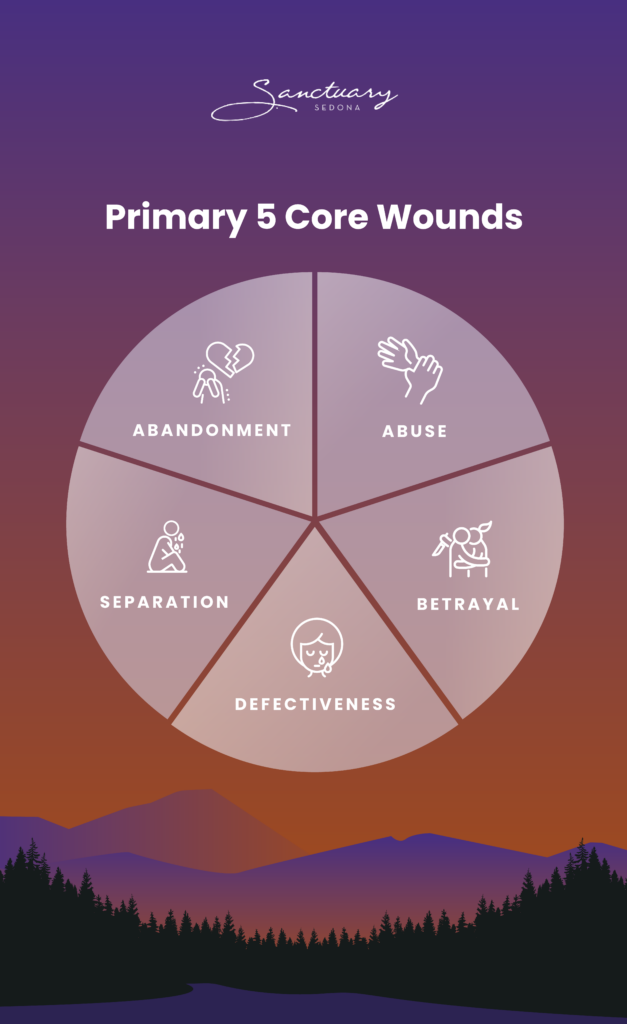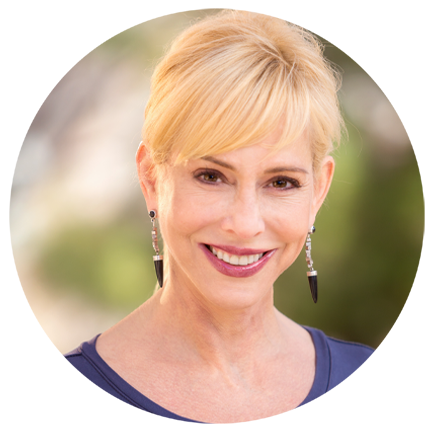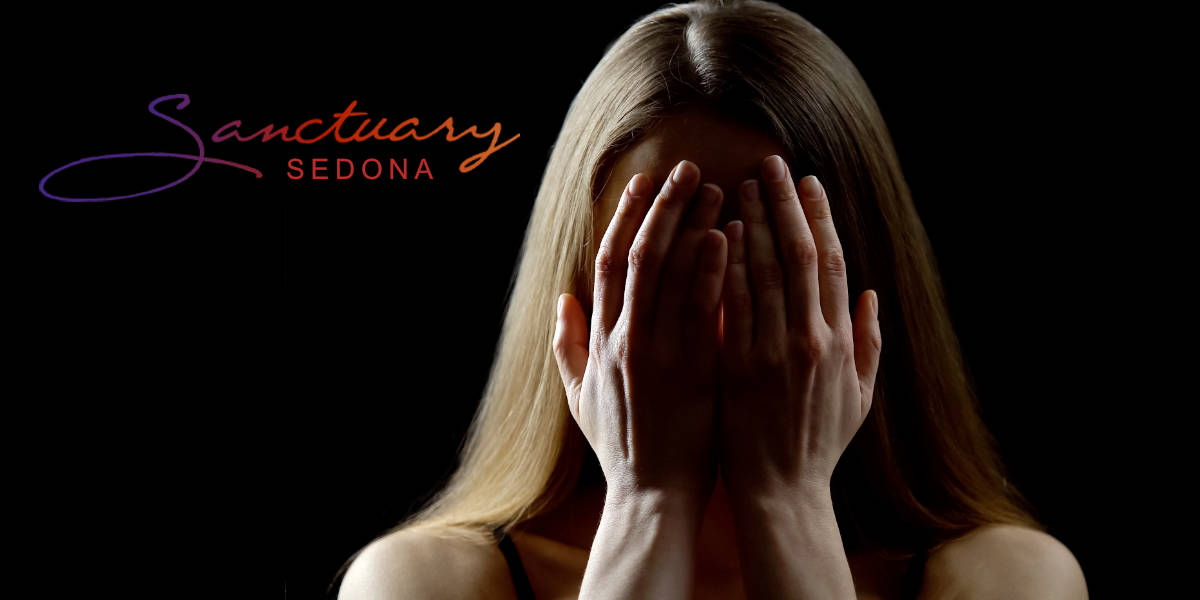Whether it’s in childhood or adulthood, experiencing a traumatic event can have a lot of long-lasting effects. Some people walk away with a wound or fear that’s so deeply rooted, that it almost becomes a part of them. Living with these types of wounds and fears holds you back from being able to fully grasp your true purpose in life.
However, with our holistic healing program, you’ll be able to identify the cause of your issues and address it directly to move past the hurt and reconnect with your life’s meaning.
What Are Core Wounds?
Core wounds, or soul wounds, are hurt so deep that they can lead to inner crises long after they happen. The Sanctuary’s founder, Dean Taraborelli, refers to them as “the granddaddy of all wounds.” These wounds aren’t surface-level cuts that heal with time. Instead, they live in your soul for a long time, until you address them head-on.
List of Core Wounds: Primary 5 Core Wounds
- Abandonment, which includes both physical abandonment from a loved one and emotional abandonment, where a loved one suddenly disconnects from you emotionally
- Abuse, including physical, sexual, mental, and emotional abuse, as well as neglect and exploitation
- Betrayal, where a loved one has violated your trust through actions like cheating, sharing your secrets, or lying
- Defectiveness, or the false belief that something is inherently wrong with you and that the bad things that happen to you are your fault
- Separation, which is feeling totally isolated from everyone around you, whether physically or emotionally
These five wounds of the soul can result from our internal monologue or the words and actions of others, especially our loved ones. Many are emotional wounds from childhood, like growing up with a narcissistic parent. However, no matter when these wounds occurred, being abandoned, abused, betrayed, made to feel fundamentally flawed, or separated from your support network is traumatic. And trauma has residual effects, including heightened fears about the world.

What Are Core Fears?
Core fears are intense, deep-rooted fears. They’re different from phobias because they’re universal.
The five core fears, according to psychologist Todd Pressman, Ph.D., are:
- Abandonment
- Loss of identity
- Loss of meaning
- Loss of purpose
- Death, sickness, and pain
However, other universal fears like failure, loneliness, or embarrassment can also be core fears. These fears are both common and valid, especially because many of them come from the same trauma that causes core wounds. For example, experiencing abuse may lead to fears of abandonment or loss of purpose. You may not even fully realize what your core fears or wounds are, but you’ve probably felt their effects.
How Do Our Core Wounds and Fears Affect Us?
Core wounds and fears affect every part of our lives, including how we connect to ourselves and others and how we cope with stress.
How You Feel About Yourself and the World
Some core wounds obviously affect how you view yourself. Defectiveness, for example, is the belief that you’re innately flawed. But other core fears and wounds also lead to lower self-esteem:
- Surviving any form of abuse typically results in a more negative self-view
- Studies show a link between feeling isolated and low self-esteem
- Children have lower self-esteem after separation from their families, like during home removals within the child welfare system
Beyond your self-esteem, carrying core wounds and fears also affects your mental health. Depression goes hand-in-hand with fear and false beliefs about yourself. And many times, core wounds and fears manifest as anxiety in our day-to-day life.
It’s also important to recognize that these everyday anxieties are usually a defense mechanism your body and mind use to protect your soul from further hurt. By worrying (and acting on your worries), you enter a state of hypervigilance where you’re always prepared for the next threat. The world feels like an unsafe place when your belief systems are based on fear and hurt. Not only is this an exhausting way to live, but it also prevents you from being able to fully embrace the present.
Relationships With Others
Living in a deep state of fear or hurt also makes it hard to connect with other people in a healthy and positive way. Our fear of abandonment, for example, may look like social anxiety. Or our history of abuse can make us fear intimacy and being vulnerable with others.
One way we see this is in attachment styles, or how you tend to form connections with others. We know that core wounds commonly lead to insecure attachment styles. For example, some people have an anxious attachment style, which is rooted in an unresolved fear of abandonment. Others are avoidantly attached, which means they avoid emotional vulnerability, usually because of a past trauma of betrayal, defectiveness, or abuse. Having insecure attachment styles can complicate any relationship. You may self-sabotage or close yourself off.
You might also feel the effects of your soul wounds and fears if you’ve ever been in a codependent relationship. Codependency looks like not being able to set boundaries with loved ones, giving way more to a relationship than you get, or feeling solely responsible for the success of the relationship. And while it’s always nice to feel needed, when you need to feel needed, it may reveal a deep fear of abandonment, loss of purpose, or identity as a caretaker. Many times, codependent relationships are a way to cope with your core fears and wounds because they make you feel good and in control.
Unhealthy Coping Strategies
In addition to codependent relationships, there are many other ways to cope with our hurt that don’t serve our life’s purpose. You might use drugs or alcohol to numb the intensity of core fears and wounds. And while it’s intimidating to honor our hurt, trying to avoid it through substance use, disordered eating or toxic relationships usually causes more harm down the line.
Whether you distract yourself from your life’s purpose through drugs or alcohol or retreat from exciting opportunities out of fear you aren’t worthy of them, living with unresolved core wounds and fears means you don’t get to live your life to its fullest potential.
Can You Heal Your Core Fears?
Instead of relying on coping mechanisms that leave you feeling worse than before, you can address your core fears directly to move past their hold on you.
Identify Your Underlying Wounds
The first step towards healing is identifying your core wounds and fears. This takes a tremendous amount of self-examination, which is why having a therapist guide you and provide you with tools is crucial.
It’s helpful to start with your daily anxieties: what are you constantly worried about? Once you’ve noted those, try to connect them to their deeper source. For example, if you feel like you’re always one mistake away from your partner leaving you and you assume the worst when a loved one doesn’t respond to your text right away, you might uncover a fear of abandonment.
At The Sanctuary, we use shadow work to bring to light those dark parts of our soul that harbor past wounds and fears. Once they’re illuminated, we can see them for what they really are: a false set of beliefs based on assumed worst-case scenarios, not an inescapable reality.
After you’ve identified your core fears and the ways they show up in your daily life, it’s time to challenge them. These are deeply held beliefs you’ve likely had for years — if not decades — so this is not always an easy or comfortable task. That’s why at The Sanctuary, our comprehensive program allows you to challenge your core fears in a safe and supportive environment. We also provide the tools you need to redefine how your fears and hurt show up in your life.
Holistically Address Your Soul Wounds and Fears
Because our core wounds and fears infiltrate every part of our lives, we address their presence in all of the components of holistic health: physical, mental, spiritual, and social.
At The Sanctuary, you’ll eat nutrient-dense, anti-inflammatory meals, which repairs your gut health to support your emotional recovery. We also use bodywork and movement to help you physically release the trauma that’s causing your core wound and core fears.
You’ll also have daily individual and group therapy sessions to help you work through your unresolved trauma. We use a broad range of psychotherapy and mindfulness techniques to help you find the methods that let you heal best.
Core wounds and fears reside in your soul, so spiritual recovery is an important part of healing. Our on-staff healers are skilled practitioners of energy medicine, which unblocks your energy flow and reconnects you with your essence. Through holistic therapies, you can explore new ways of expressing yourself and connecting with those around you.
Finally, because our community is one of mutual support and understanding, you’re able to heal your wounds and find your true self at The Sanctuary. From the moment you step onto our tranquil Sedona campus, you become an integral part of our Sanctuary family. In this accepting environment, you can be vulnerable throughout your recovery journey and focus on healing, rather than guarding yourself against potential threats.
Take a Step Back to Dig Deep and Heal From Core Wounds and Fears
Our intensive treatment program allows you to step outside of your everyday routine and look at the bigger picture of your life. From that distance, it’s easier to see how your unresolved hurt has been affecting your life. And our experienced and understanding staff provides you with new tools and perspectives to help you heal. Because we know you’re not a “broken” person who needs fixing. You’re a whole person, worthy of love, and we are here to support your journey of discovering that.
Contact us to learn more about our holistic healing program and start healing your core wounds and fears today.
Kelley Alexander JD. is the co-director of The Sanctuary at Sedona and has worked over the last decade to develop its innovative Integrative Addiction Recovery Program that has helped hundreds of clients to be recovered from addiction and co-occurring disorders. Through her pioneering work, Kelley and her team at The Sanctuary also work with clients to overcome issues related to codependency, anxiety, depression, and PTSD. A JD and former practicing attorney, Kelley holds a BA in World Religions and has done graduate work in psychology. She is an ordained minister, certified shamanic breathwork facilitator, and a graduate of the Four Winds Healing The Light Body School, the premier energy medicine program founded by Alberto Villoldo. Kelley has also been a student of Dr. Joe Dispenza since 2009. She is a member of the Association for Comprehensive Energy Psychology and the Institute for Holistic Addiction Studies. She is a frequent lecturer at seminars and conferences throughout the United States.
[email protected]

